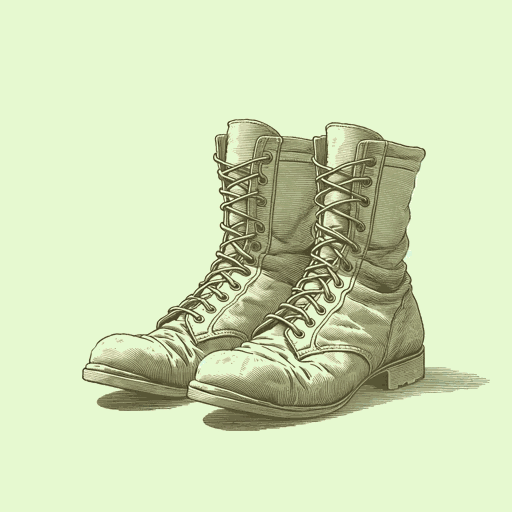90 pages • 3 hours read
Erich Maria RemarqueAll Quiet on the Western Front
Fiction | Novel | Adult | Published in 1929A modern alternative to SparkNotes and CliffsNotes, SuperSummary offers high-quality Study Guides with detailed chapter summaries and analysis of major themes, characters, and more. For select classroom titles, we also provide Teaching Guides with discussion and quiz questions to prompt student engagement.
Symbols & Motifs
Hunger and Sickness
From the very beginning of the novel, hunger and the scarcity of good food is a motif that runs almost all the way to the end. The lack of nutritious, high-energy food is an ongoing problem whether the men are at the front or whether they are on some other duty. In fact, the severity of inadequate amounts and quality of food increases soon after the opening sequence in which the men have full bellies and are “satisfied and at peace” (2). At various turns, the men of Paul’s company and the Russian prisoners he guards are in some state of voracious hunger. When they do receive some food, the men become sick, and dysentery is a concern. Paul comments that the wheat growers in Germany are becoming wealthy from the little food the soldiers receive, and this supports the theme “The Hypocrisy of War,” since only the elite who are not fighting find the war advantageous.
In one scene, the men must literally make war with rats to protect what little bread they are afforded. Paul is quick to point out how plump and fat the rats are, an allusion to the sheer overabundance of sustenance made available to the rats by the many dead bodies lying around during prolonged fighting.
Featured Collections
Books on Justice & Injustice
View Collection
Friendship
View Collection
Memorial Day Reads
View Collection
Military Reads
View Collection
Mortality & Death
View Collection
Required Reading Lists
View Collection
Safety & Danger
View Collection
School Book List Titles
View Collection
War
View Collection

